
Advancing Justice Reform Through Multimedia Storytelling
The Justice, Care, and Opportunities Department (JCOD), established by the Los Angeles County Board of Supervisors in November 2022, represents a groundbreaking initiative in the United States. Deviating from traditional incarceration-focused approaches, JCOD aims to support justice-impacted individuals and communities through alternatives that prioritize re-entry services and community investments. Already... Read more

Healthcare Systems Addressing Equity, Diversity, Inclusion, and Antiracism
The Los Angeles County Department of Health Services (DHS) has undertaken a transformative Equity, Diversity, Inclusion, and Antiracism (EDIA) Initiative in response to the recognized public health crisis of racism. The initiative, established in 2021, aims to build a fairer healthcare world for patients and staff through community engagement sessions... Read more

Transforming Medical Documentation to Improve Healthcare Outcomes
The Los Angeles County Department of Health Services (DHS) is collaborating with FUSE on a transformative project to address burnout among healthcare providers and mitigate biases in medical documentation. Operating one of the nation's largest municipal health systems, DHS serves vulnerable populations, including incarcerated individuals and those experiencing homelessness. The... Read more

Funding Infrastructure for a Sustainable Future
Los Angeles County strives to create a sustainable community for its nearly 10 million residents. To achieve this goal, the Chief Sustainability Office (CSO) and the Department of Public Works have formed the Environmental, Sustainability, & Resilience Committee of Infrastructure LA. This committee aims to align individual infrastructure projects with... Read more

Project Portfolio Management for Justice System Transformation
Los Angeles County has launched a new agency called the Justice, Care and Opportunities Department (JCOD) to transform the county's justice system and reduce its reliance on incarceration. The department aims to improve outcomes for individuals and their communities affected by the justice system by breaking down silos between the... Read more

Expanding Access to Substance Use Disorder Treatment and Care
Approximately one in four people will experience a substance use disorder (SUD) in their lifetime, including 2.5 million Los Angeles County residents. Unfortunately, 95% of those who need specialty SUD treatment do not receive it, and Black and Hispanic individuals seeking SUD treatment are less likely to receive it than... Read more

Supporting LA County’s Transformation into an Actively Anti-Racist Institution
The pandemic highlighted systemic racism in Los Angeles County, particularly in communities of color. The government has committed to not just recovering from COVID-19 but also transforming the system entirely. The Board of Supervisors has declared racism a public health emergency and established an Anti-Racism, Diversity, and Equity (ARDI) Initiative... Read more

Public Health Approaches to Eliminating Financial Harm
Medical debt affects 100 million Americans and contributes to personal financial strain and poor health outcomes, while overuse of healthcare services leads to wasteful spending and harm to patients. The Los Angeles County Department of Public Health is adopting a public health approach to address these issues and is partnering... Read more

Supporting Data-Driven Criminal Justice Reform
The Los Angeles County Public Defender’s Office (PDO) is seeking to establish a Data Analytics Unit to help reduce reliance on incarceration and drive criminal justice reforms throughout LA County. The PDO has already undergone a digital transformation initiative to modernize its operations and has restructured 160 million criminal case... Read more

Building a Collaborative Approach to Resentencing
The California Department of Corrections and Rehabilitation (CDCR) operates the second largest prison system in the United States. And men and women of color in California continue to be incarcerated at higher rates than white men and women. In recent years, Californians have expressed their desire to reduce reliance on... Read more

Creating a Cohesive Service Delivery Model for the Justice Impacted Population
In Los Angeles County, on any given night, more than 14,000 people are confined in the County’s jail system – over 5,000 of which have serious mental health needs. These shocking numbers are reflective of the broader history of the intersections between race, health, and incarceration across not just the... Read more

Creating Buy-In & Authority to Reimagine Youth Justice
Historically, Los Angeles County youth who enter the justice system has been overseen by the Probation Department and the Chief Probation Officer. This carceral approach to youth justice has resulted in lasting, negative outcomes for even single-time offenders. In 2020 and 2021, Los Angeles County convened the Youth Justice Work... Read more

Expanding Access to Equitable Healthcare Career Education and Opportunities
Los Angeles County’s College of Nursing & Allied Health (CONAH) has prepared students for employment, professional development, and/or advancement for 125 years. Completing their clinical rotations in the system and often hailing from the area, graduates are particularly well placed to understand and address LA County’s healthcare needs. In the... Read more

Optimizing Case Management to Support the Resentencing of Over-incarcerated Individuals
The California Department of Corrections and Rehabilitation (CDCR) is responsible for the incarceration of nearly 100,000 adults, operating the second largest prison system in the United States. Los Angeles County (LA County) is the largest contributor to the carceral system in California – with nearly 30% of all adults admitted... Read more

Streamlining Workflows to Support the Release of Over-incarcerated Individuals
The California Department of Corrections and Rehabilitation (CDCR) is responsible for the incarceration of nearly 100,000 adults, operating the second largest prison system in the United States. Los Angeles County (LA County) is the largest contributor to the carceral system in California – with nearly 30% of all adults admitted... Read more
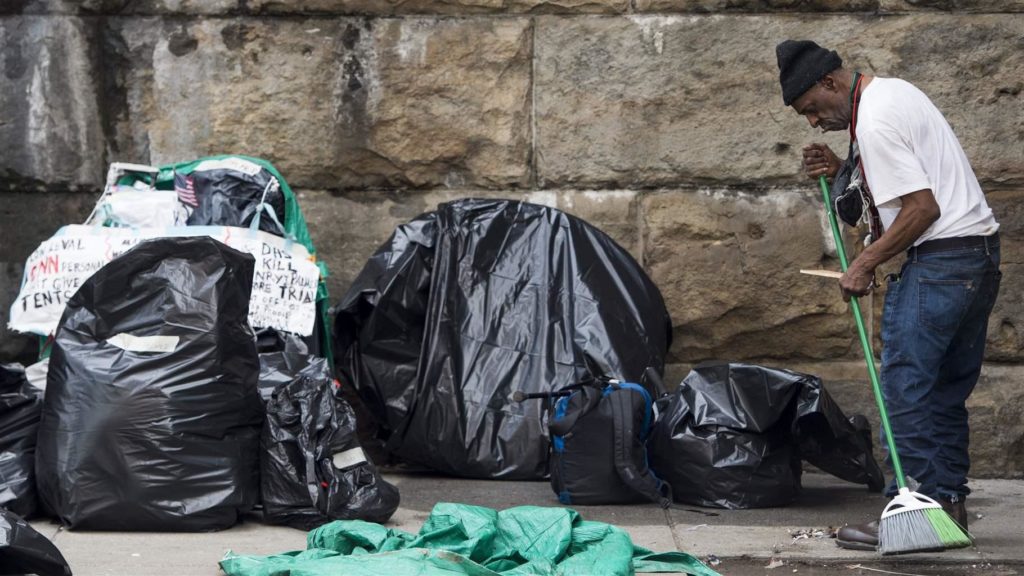
Advancing Racial Equity in LA County’s Homeless Services System
Los Angeles County is celebrated for its diverse mix of nationalities, cultures, identities, and languages. This cultural richness is stifled by stark racial and socioeconomic inequities that manifest in disparities in health, economic mobility, housing, and homelessness—particularly for communities of color. Black/African American people made up 40% of the total... Read more

Rejuvenating Healthcare Workers by Creating an Organizational Culture of Wellness
Covid-19 disrupted the healthcare system and put healthcare workers across the country on the frontlines of the global pandemic that infected over 33 million Americans and took the lives of over 600 thousand Americans. Even before the pandemic, under usual working conditions, severe burnout syndrome affects as many as 33%... Read more

Reducing LA County’s Jail Population by Scaling Rapid Diversion Programs
Los Angeles County operates the largest jail system and de-facto mental health facility in the United States, holding more than 17,000 people daily, nearly 30% of whom have a serious mental health disorder. Residents of color are disproportionately incarcerated, with Black residents accounting for only 9% of the total population... Read more

Making Los Angeles the World’s Leading Region for Supporting an Aging Population
Los Angeles County is already home to a large population of older adults; by 2030, more than 2 million people — more than 18 percent of the L.A. County population — will be older adults. This wave of demographic change prompted local leaders to create a program called Purposeful Aging... Read more
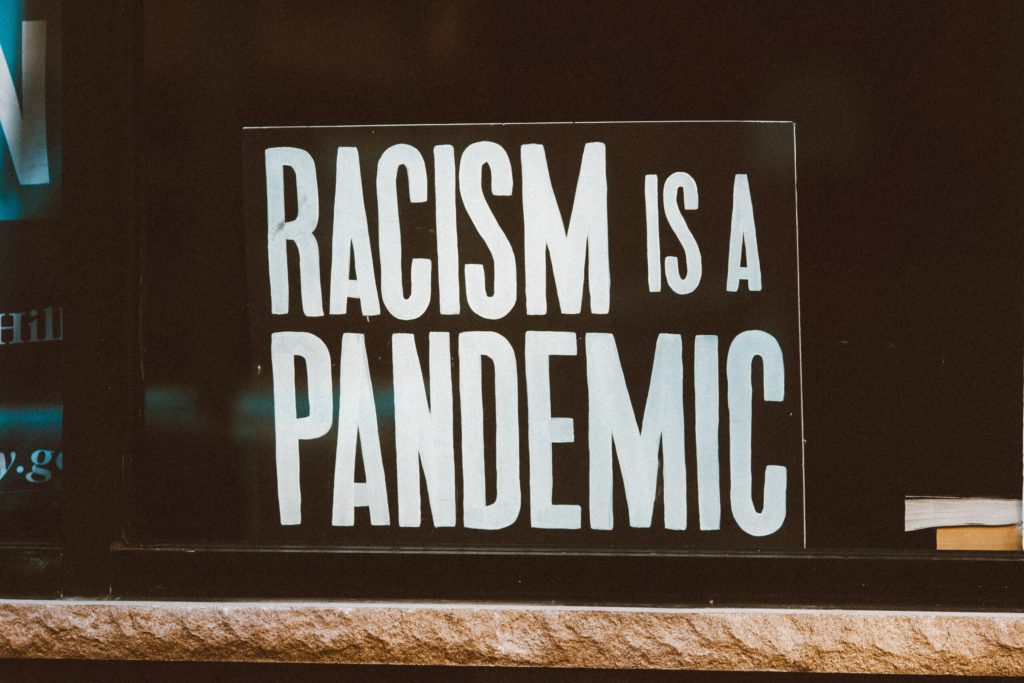
Transforming LA County into an Actively Anti-Racist Institution
The Covid-19 pandemic has sent public health and economic shockwaves across Los Angeles County particularly felt in historically underserved communities. The pandemic has been a catalyst for recognizing the social illnesses of anti-Black racism that have long plagued the county, including sharp racial gaps in wealth, employment, and digital access,... Read more
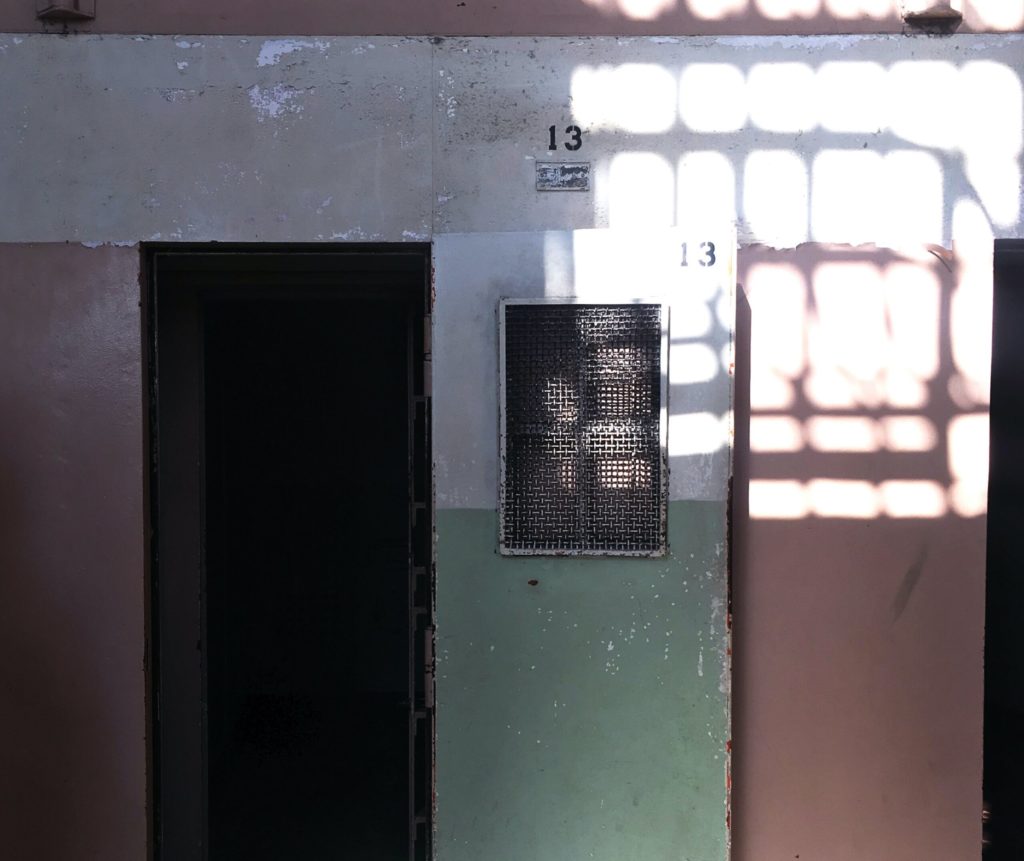
“Care First, Jails, Last”: Implementing Groundbreaking Alternatives to Incarceration
On any given night, more than 17,000 people are confined in the Los Angeles County jail system, more than 5,000 of whom have serious mental health needs. Black residents account for less than 10 percent of the county’s population, yet 29 percent of those imprisoned are Black. In recent years,... Read more
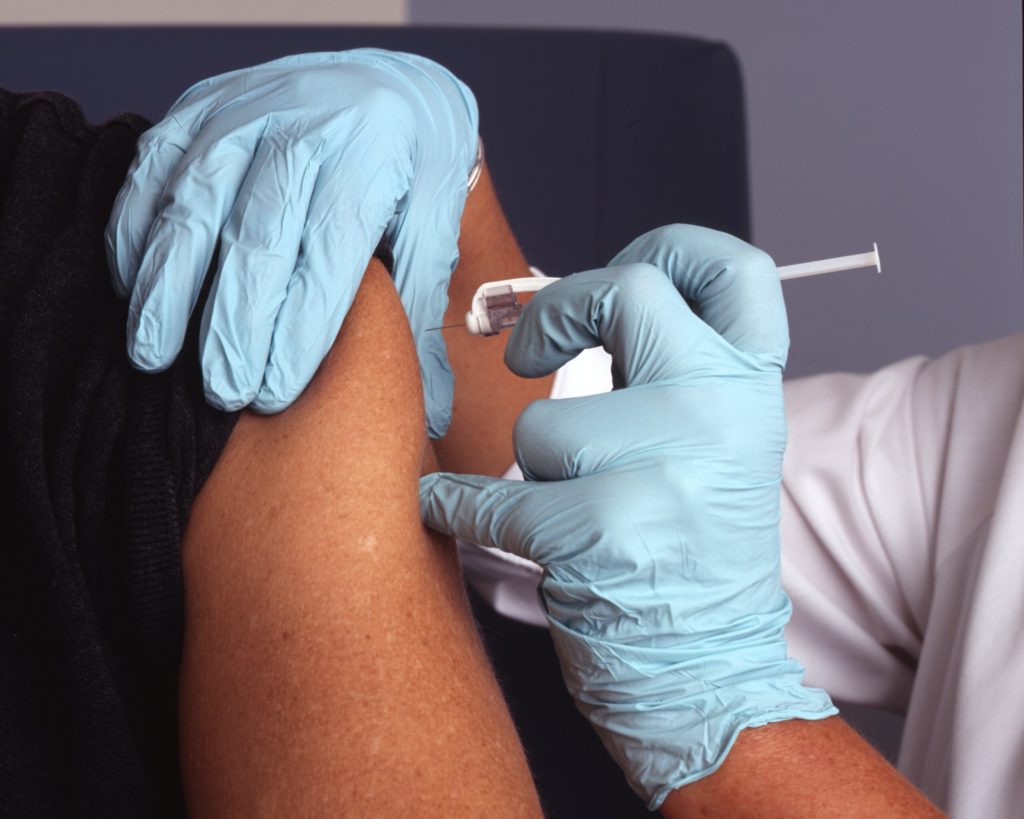
Ensuring an Equitable, Effective, and Safe Distribution of the COVID-19 Vaccine
To help protect the health and well-being of Los Angeles County residents during the COVID-19 pandemic, the Los Angeles County Department of Public Health (DPH) implemented the largest vaccine distribution effort in its history. As the largest U.S. county, L.A. County’s vaccine equity efforts have been pivotal to the achievement... Read more
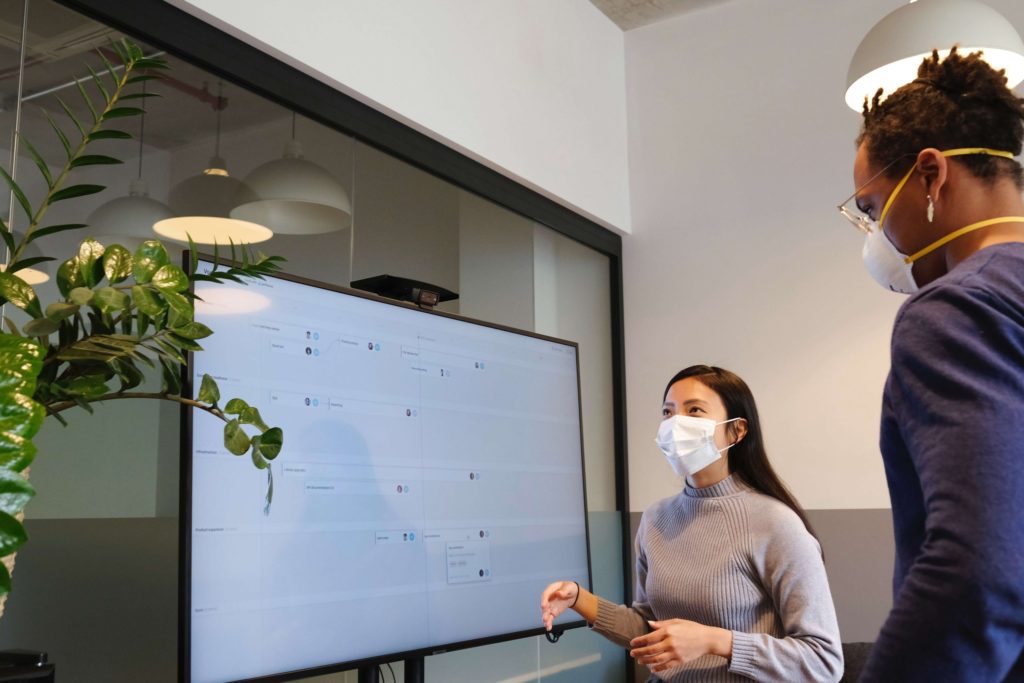
Effective Reportable Disease Surveillance for COVID-19 Recovery
The core mission of the Los Angeles County Department of Public Health (DPH) is to protect the health and well-being of Angelenos. During the COVID-19 pandemic, this charge has become even more critical. DPH recognized that a strong underlying reportable disease surveillance system was key to ensuring timely and accurate... Read more

Connecting Residents to Comprehensive Services
The Los Angeles County Department of Workforce Development, Aging and Community Services (WDACS) provides residents with a range of programs. While many operate efficiently, internal and external communication, coordination, and alignment between programs can be improved to ensure seamless services for residents. To support this work, WDACS enlisted FUSE Executive... Read more

Redesigning Workflow to Increase Efficiencies
At the Los Angeles County Department of Workforce Development, Aging and Community Services (WDACS), staff handling frontline services can spend as much as 60% to 70% of their time on internal workflow. Rather than devoting such an outsized amount of time to procurement, approvals and other internal tasks, the team’s... Read more

Advancing Criminal Justice Reform by Transforming Probation Technology
The Los Angeles County Department of Probation (LAC Probation) relies heavily on its Information System Bureau (ISB) to update systems, eliminate inefficiencies, and create standards and governance processes, all of which have led to significant systemic changes that have improved rehabilitation outcomes for juveniles and adults. With the onset of... Read more

Supporting L.A. County’s Immigrants
Immigrants comprise 35% of Los Angeles County’s population and make up 44% of its workforce, yet they continue to face economic advancement and justice equity challenges. In response, the Office of Immigrant Affairs (OIA), a division within the L.A. County Department of Consumer and Business Affairs, developed the 2018 Immigrant... Read more

Establishing Countywide Outreach Strategies to Alleviate Poverty
The federal Earned Income Tax Credit (EITC) can be an effective tool to help fight poverty, yet approximately 20 percent of eligible Los Angeles County households are not claiming this credit. To close the participation gap, the L.A. County Department of Business and Consumer Affairs is looking to work with... Read more

Engaging the Community in Support of Bail Reform Efforts in Los Angeles County
The Los Angeles County Probation Department seeks to reform its bail system so that individuals awaiting trial are held out of jail and connected to their communities. To that end, the department’s Pretrial Services Bureau had to revamp its operational protocols to provide varying levels of assessment and post-release services,... Read more
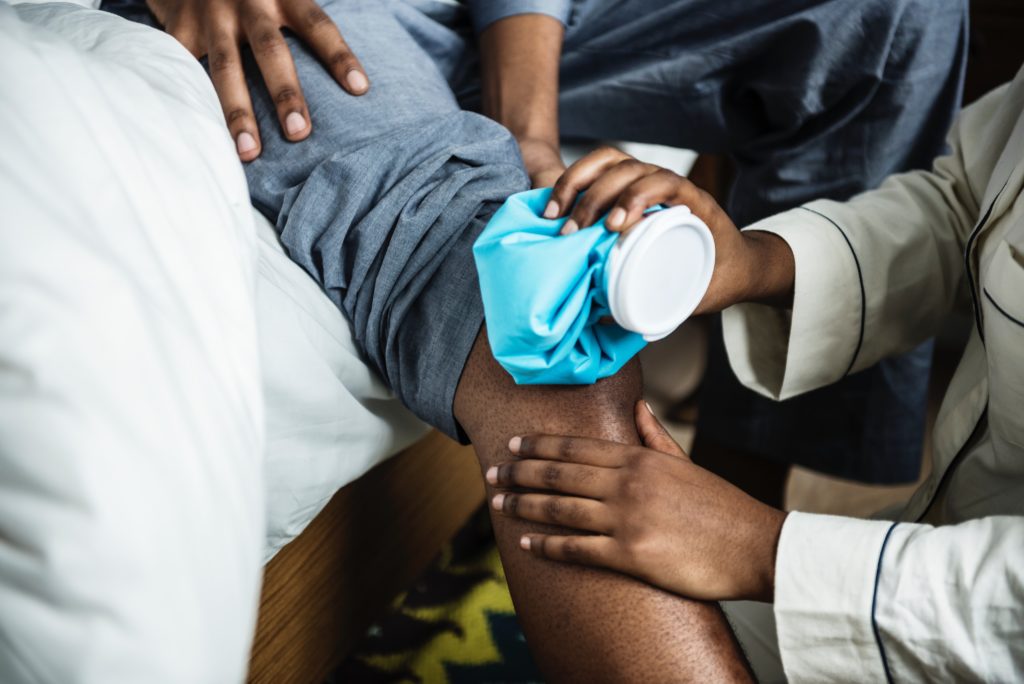
Developing a New Staffing Management Model to Improve Patient Care
To maximize resources and improve patient care, the Los Angeles County Department of Health Services (DHS) continually assesses the efficiency of its operations. As part of these improvements, DHS is working to institute an innovative new return-to-work staffing management model, which will help manage and meet the needs of employees... Read more

Designing a Succession Planning Framework to Improve Healthcare Hiring
One of the largest healthcare systems in the U.S., the Los Angeles County Department of Health Services (DHS) cares for more than 600,000 patients annually. The average DHS employee is over the age of 50, and an increasing number of managers and supervisors in nursing and administration are nearing retirement... Read more

Planning for the Service Needs of a Growing Aging Population
Los Angeles County is home to a vibrant and diverse group of more than two million residents aged 60 and older. By 2030, that number will approach three million, or 28 percent of the county population. To serve older residents, both the county and city of Los Angeles operate Area... Read more
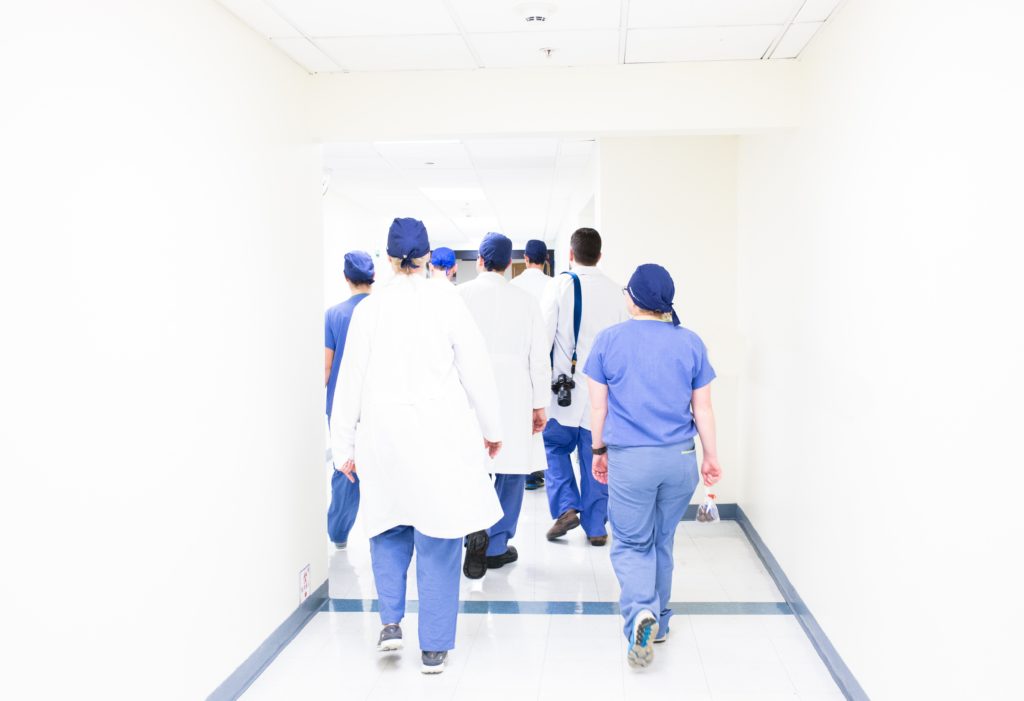
Redesigning Physician Recruitment to Improve Access to Care
The Los Angeles County Department of Health Services (DHS) runs the nation's second-largest municipal health system, annually caring for more than 800,000 patients. But like many cities and communities across the country, DHS is experiencing a shortage of primary care physicians. To counter this deficiency, FUSE Executive Fellow Nancy Villasenor... Read more

Expanding Transfer and Command Center Operations
Los Angeles County’s municipal health system is the nation’s second-largest, annually caring for 600,000 patients at 19 health centers and four hospitals. In the past, the County’s Department of Health Services (DHS) struggled to bring insured patients back from out-of-network hospitals, with 15,000 to 20,000 patients being treated in other... Read more
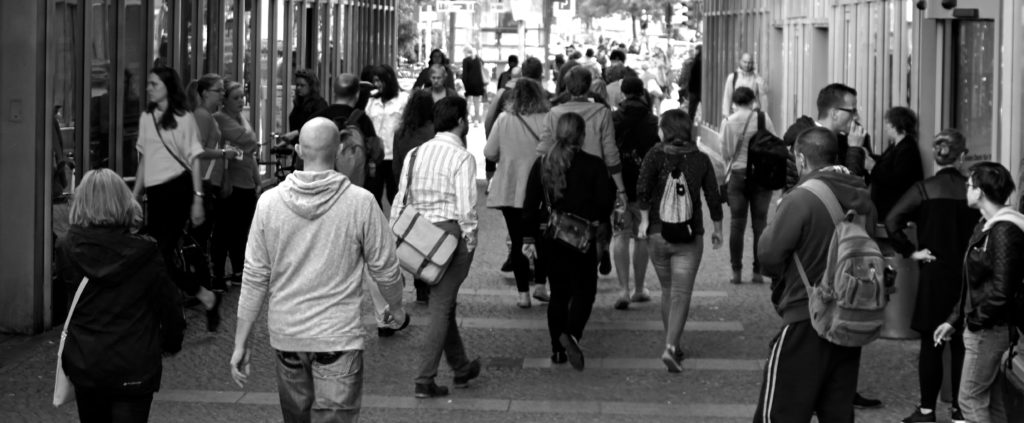
Improving Wraparound Services for Swift Re-entry
The Los Angeles County Probation Department seeks to strengthen support for people who have been incarcerated so that they can successfully re-enter their communities. To help advance this goal, FUSE Executive Fellow Jessica Aronoff worked with the Post Release Services Bureau to develop a plan that maximizes the impact of... Read more

Engaging the Community to Reduce Youth Recidivism
The Los Angeles County Department of Probation is working to reduce recidivism by using evidence-based practices and community-based services to help justice-involved youths succeed. To assist with these efforts, FUSE Executive Fellow Kim Bowman Jr. brought community voice and leadership into governmental processes while strengthening the strategic visioning and management... Read more
Forging Partnerships to Improve Economic Security
The Los Angeles County Development Authority (LACDA) is working to lift low-income residents by addressing poverty, homelessness, workforce, and small business development. To bolster this work and create new initiatives, LACDA established a Strategic Partnership Division. FUSE Executive Fellow Kishani De Silva helped establish the division, developing strategic partnerships and... Read more

Building a Community-Focused Path to Re-entry
Approximately 40,000 adults are under the supervision of the Los Angeles County Probation Department. To help these individuals successfully reintegrate into communities, the department is working to increase community engagement, peer mentorship, and access to comprehensive wraparound services for justice-involved individuals. To advance these efforts, FUSE Executive Fellow Amy Cross... Read more

Advancing a Behavioral Economics Approach to Child Support Compliance
The Los Angeles County Child Support Services (CSS) is working to enforce child support orders, including the collection of monies, to help positively affect the financial stability of the children it serves. To improve payment compliance and the customer experience, CSS brought in FUSE Executive Fellow Amanda Wang Valentine, who... Read more
Coordinating Social Services to Reduce Recidivism
The Los Angeles County Probation Department seeks to reduce the financial and societal cost of recidivism by helping people reintegrate more effectively into their communities after prison. To support that goal, the department enlisted FUSE executive fellow Barry Goldberg to assess how county agencies involved in re-entry can coordinate to improve... Read more

Enhancing the Child Support System
Conventional child support systems rely heavily on a blanket set of punitive measures to help ensure that families receive the financial support to which they are legally entitled. Los Angeles County is taking a different approach, one that seeks to tailor child support interventions to the circumstances of each case... Read more
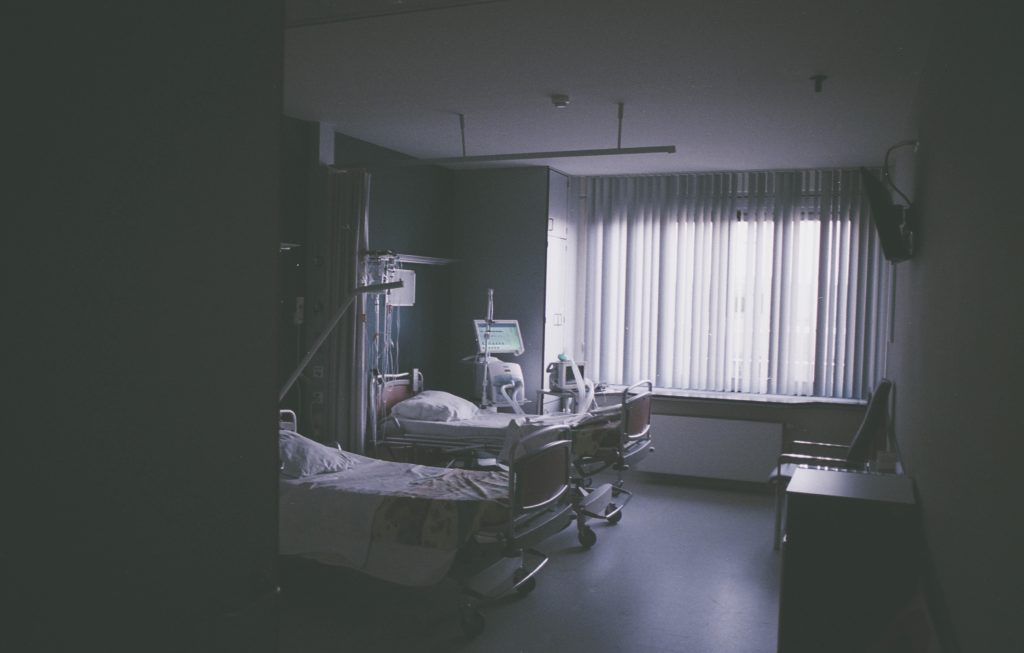
Communicating Health Services
The Los Angeles County Department of Health Services (DHS) offers emergency, primary, and specialty care, while serving as the healthcare safety net for the county’s most vulnerable residents. Medicaid expansion has increased competitive pressure on the department, which already struggles with outdated public perceptions of the system’s scope and quality.... Read more

Using Strategic Marketing to Bolster Social Services
The Los Angeles County Department of Workforce Development, Aging and Community Services (WDACS) has been working to extend the outreach and impact of its services, which include connecting individuals and employers, ensuring the well-being of older and dependent adults, improving human relations, and reducing hate crime. To advance these goals,... Read more

Raising Funds for Green Spaces
The Los Angeles County Department of Parks and Recreation (DPR) has been working to broaden funding sources for expanded community services. The aim is to be able to offer diverse, accessible, and equitable programs independent of fluctuations in funds allocated by the county due to changing economic conditions, especially in... Read more

Enhancing Park Services Through Grants
Availability and access to urban parks promotes the health and well-being of communities, while also supporting ecosystems, stormwater capture, and urban forestry. To expand park and recreational space in historically underserved neighborhoods, the Los Angeles County Regional Parks and Open Space District (RPOSD) wanted to create a Technical Assistance Program... Read more

Applying Human-Centered Design to Improve Workforce Services
The Los Angeles County Department of Workforce Development, Aging and Community Services (WDACS) provides services to connect the most historically vulnerable populations in the County with high-quality jobs and careers. FUSE Executive Fellow Patrick Koppula applied a human-centered design approach to help WDACS integrate and deliver services at key moments... Read more

Improving Outcomes for Justice-Involved Youth
The Juvenile Services Division (JSD) of the Los Angeles County Probation Department is responsible for the well-being and safety of approximately 6,000 justice-involved youths. Providing trauma-informed programming to support the development of these youths, whether they are in probation facilities or the community, is one of its primary goals. FUSE... Read more
Enhancing Patient Care Through Improved Staffing Practices
The Los Angeles County Department of Health Services (DHS) relies heavily on contract workers, who make up 27 percent of the agency’s workforce. FUSE executive fellow Nichelle Toomire helped the agency understand the associated cost, use, and impact of this workforce, identifying opportunities for efficiencies. She also secured resources for... Read more

Developing a Training and Recruiting Plan to Help the Homeless
L.A. County voters approved a measure that significantly increased funding for homeless services. To support the expansion of these services, the Los Angeles County Department of Health Services and the Office of Diversion and Reentry hired FUSE executive fellow Thelá Thatch to develop a plan to recruit, hire, and retain... Read more

Enhancing Operations to Advance Healthcare Services for Inmates
The Los Angeles County Department of Health Services has been working to better address the health needs of its inmate population, including improving the patient flow for its Inmate Reception Center (IRC), the entry point for inmates. As a FUSE executive fellow, Tom Pyun piloted several programs to enhance patient... Read more

Designing Data-Driven Strategy to Improve Public Health
The Los Angeles County Department of Public Health – Environmental Health (EH) is responsible for ensuring that food is prepared and served safely for the millions of people who frequent the region’s restaurants and dining halls each year. EH partnered with FUSE executive fellow Mohammad Mehryar to build on the... Read more

Improving Patient Access to Healthcare Services
To improve the patient experience, maximize provider time with patients, and reduce revenue loss from unauthorized services, the Los Angeles Department of Health Services (DHS) recently brought together under one department key functions that facilitate patient access to medical care into unified units within each hospital and clinic. DHS enlisted... Read more

Creating an Integrated Approach to Supporting Re-entry Populations
Los Angeles County adopted a series of policies aimed at reducing the prison population, supporting re-entry, and disrupting the cycle of recidivism. As a result of these efforts, more than 10,000 inmates are released from incarceration countywide each month. These individuals face myriad barriers to successful reintegration, including lack of... Read more

Improving Re-entry Programs to Expand Employment Opportunities
In Los Angeles County, a statewide ballot measure that downgraded certain property and drug crimes from felonies to misdemeanors enabled thousands of people to be released from jail. To help successfully integrate this population back into the workforce, the Department of Workforce Development, Aging and Community Services enlisted FUSE Executive... Read more
Improving Health Outcomes and Experiences Through Management Development
The Los Angeles County Department of Health Services (DHS) has recently been making major strides toward becoming a more unified, integrated and coordinated healthcare system. As part of that work, the department seeks to better engage and develop supervisors and managers. FUSE Fellow Kamina Smith helped the department develop a... Read more

Optimizing Laboratory Effectiveness and Efficiency
With its integrated system of 19 health centers, four hospitals, 670,000 unique patients and 20,000 staff members, the Los Angeles County Department of Health Services (DHS) is the second largest municipal healthcare system in the nation. FUSE Fellow Mala Nanda spearheaded an effort to help DHS integrate its laboratory services... Read more
